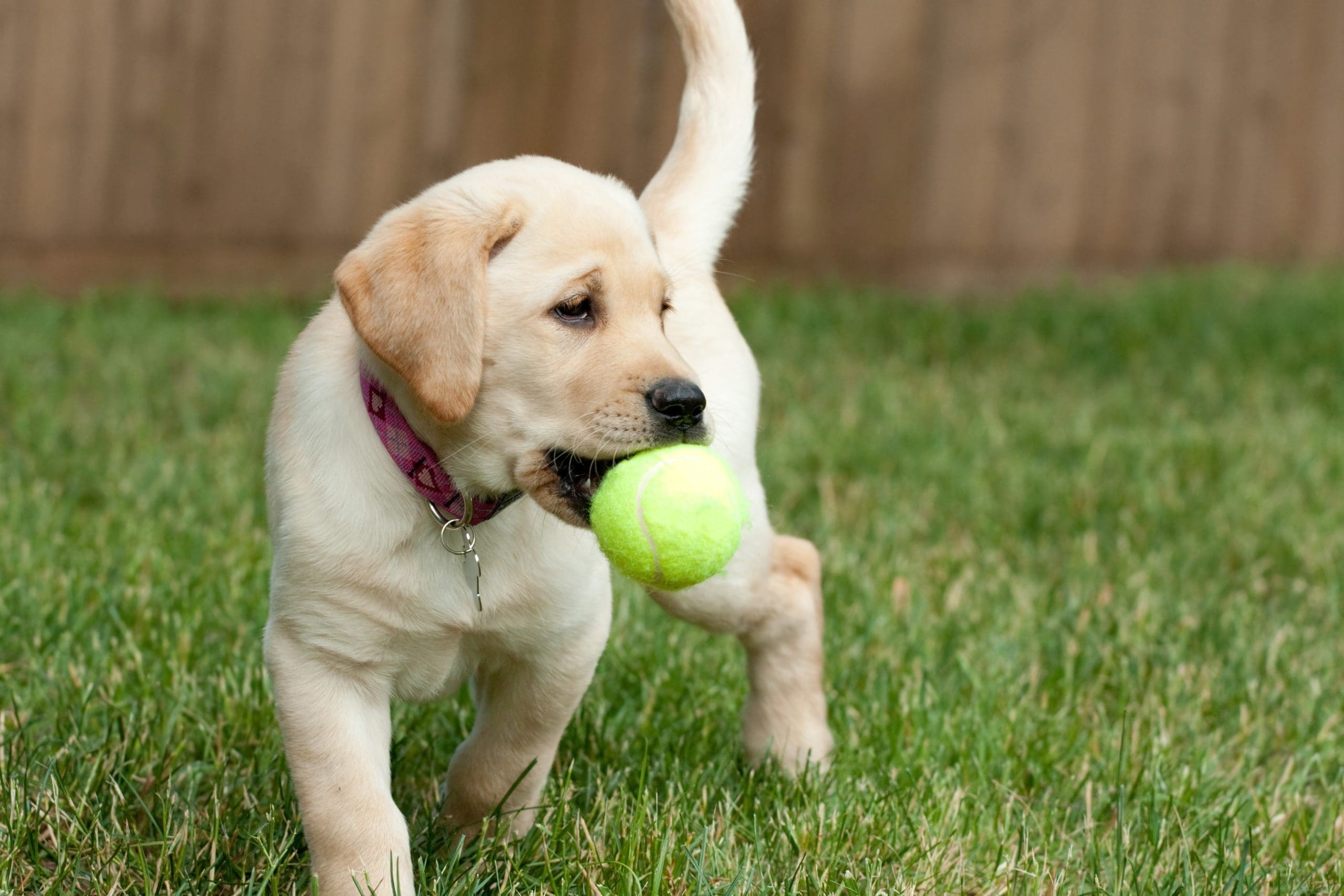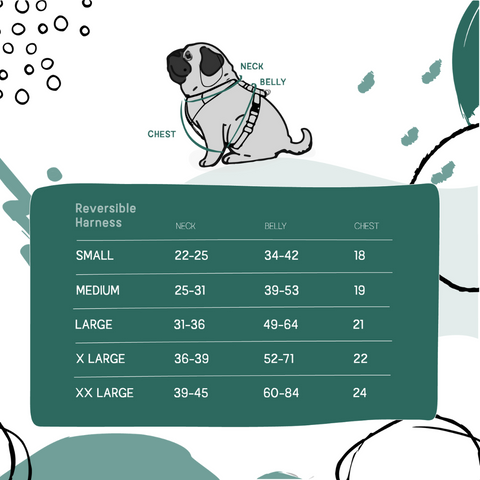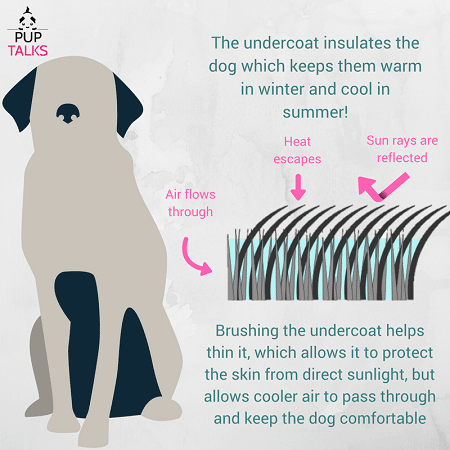How to Play With Labrador Puppy
To play with a Labrador puppy, engage in interactive games like fetch or tug-of-war. Use toys that stimulate their curiosity and energy levels. Playing with a Labrador puppy is essential for their development and happiness. These energetic dogs thrive on physical activity and mental stimulation. Regular playtime strengthens your bond …









